If God is, then everything else is not, writes Weil:
If we find fullness of joy in the thought that God is, we must find the same fullness in the knowledge that we ourselves are not, for it is the same thought. And this knowledge is extended to your sensibility only through suffering and death (84).
If God is, then everything else — including our suffering and death — is not. It’s a paradox of monotheism in general and Christianity in particular: when we speak of “God being,” we’re not using the verb “to be” in the same sense we do when speaking of our everyday reality. God’s “is” is not the “is” of the book that “is on my table.” God’s “is” is the “is” — the ground of every other “is,” and perhaps more appropriate written “Is.” Thomas Halik, explaining Meister Eckhart’s thought, expresses it thus:
He is “nothing” in a world of beings, because God is not a being among beings. And Eckhart goes on to declare that you must become “nothing” if you wish to encounter him. If you want to be “something” (that is, mean something, have something, know something, in short, be fixated on individual beings and the world of things), then you are not free to encounter Him (Night of the Confessor, 22).
God’s “is” can only be thought to be “nothing” in terms of our “is” because His is outside ours, the grounding of ours, the “Is.” Thus God gives Moses the name, “I Am.”


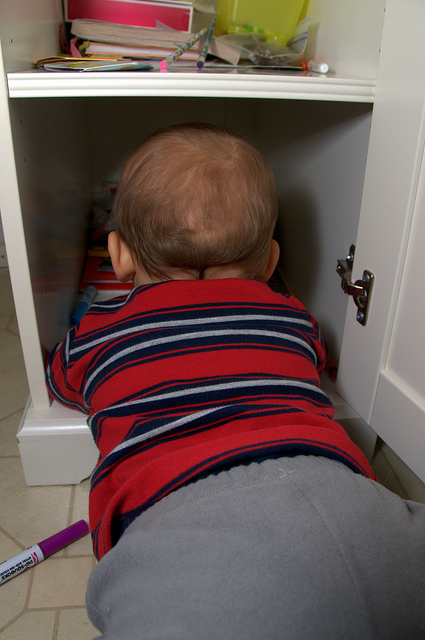
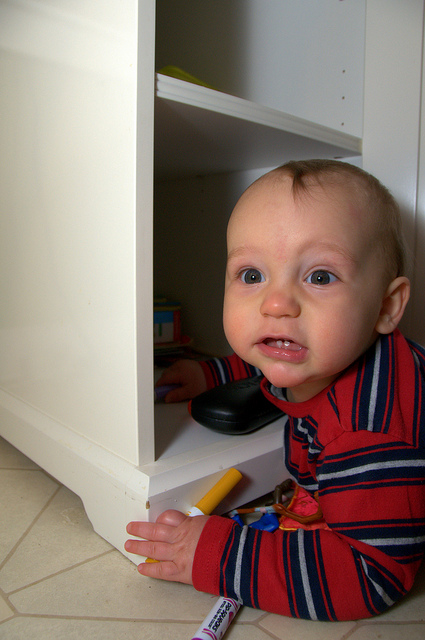
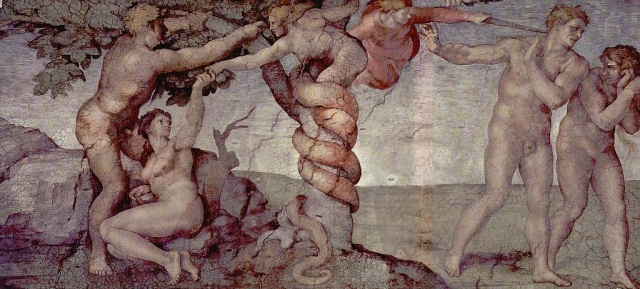
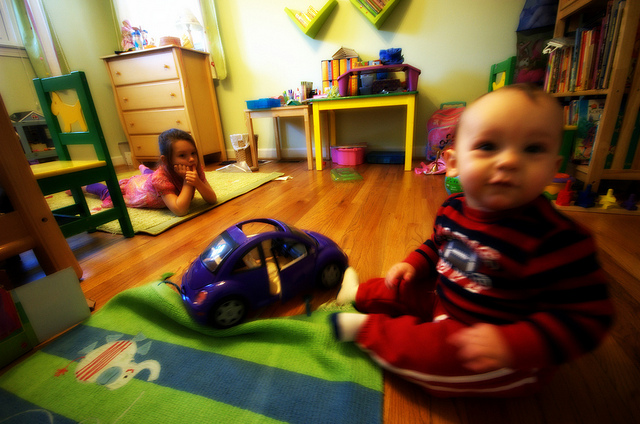
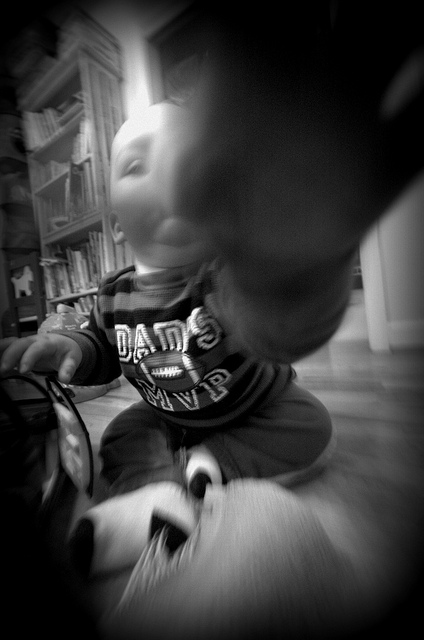
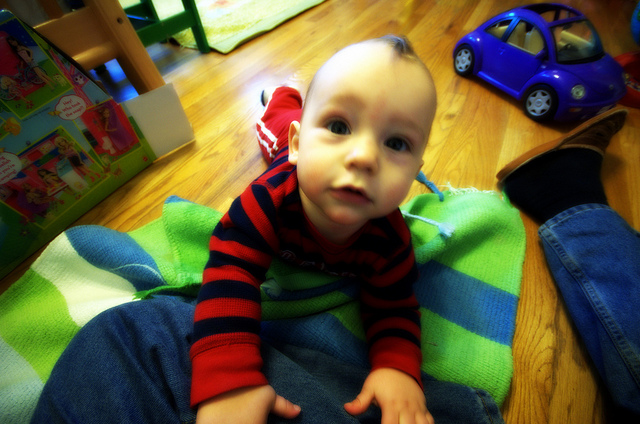










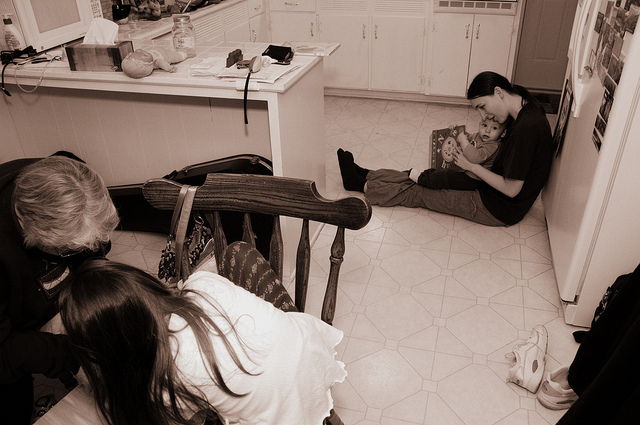
 It’s not something one expects to read: “Pope to step down.” “Pope resigns.” Since it hasn’t happened in centuries, I guess it’s inevitably big news. “Pope prepares for a monk’s life” reads one headline, only partially satisfying speculation about what a retired pope might do with his time.
It’s not something one expects to read: “Pope to step down.” “Pope resigns.” Since it hasn’t happened in centuries, I guess it’s inevitably big news. “Pope prepares for a monk’s life” reads one headline, only partially satisfying speculation about what a retired pope might do with his time.